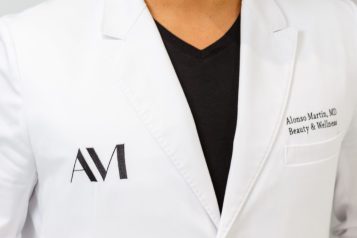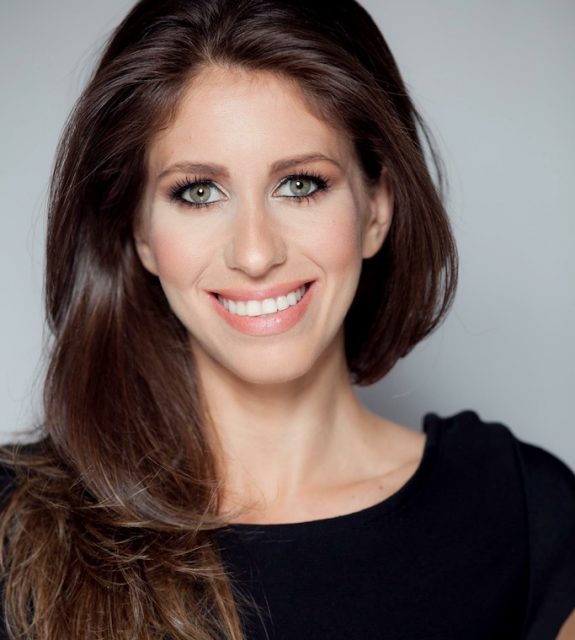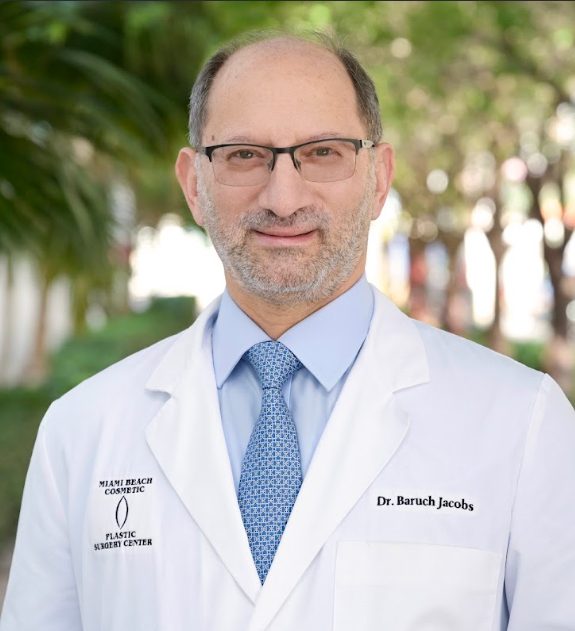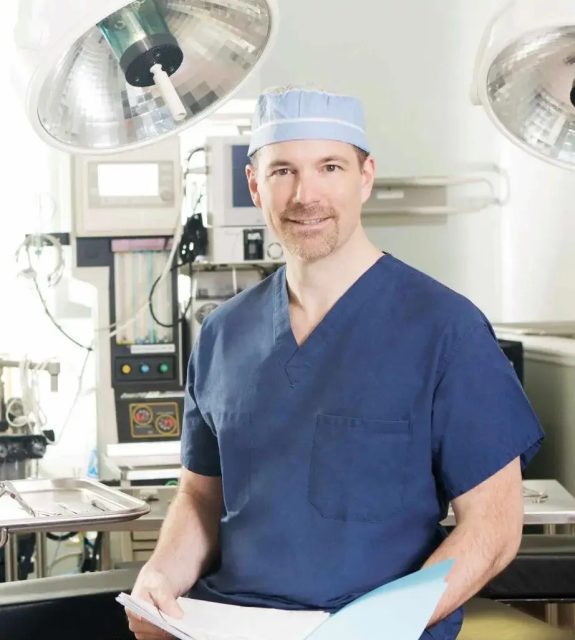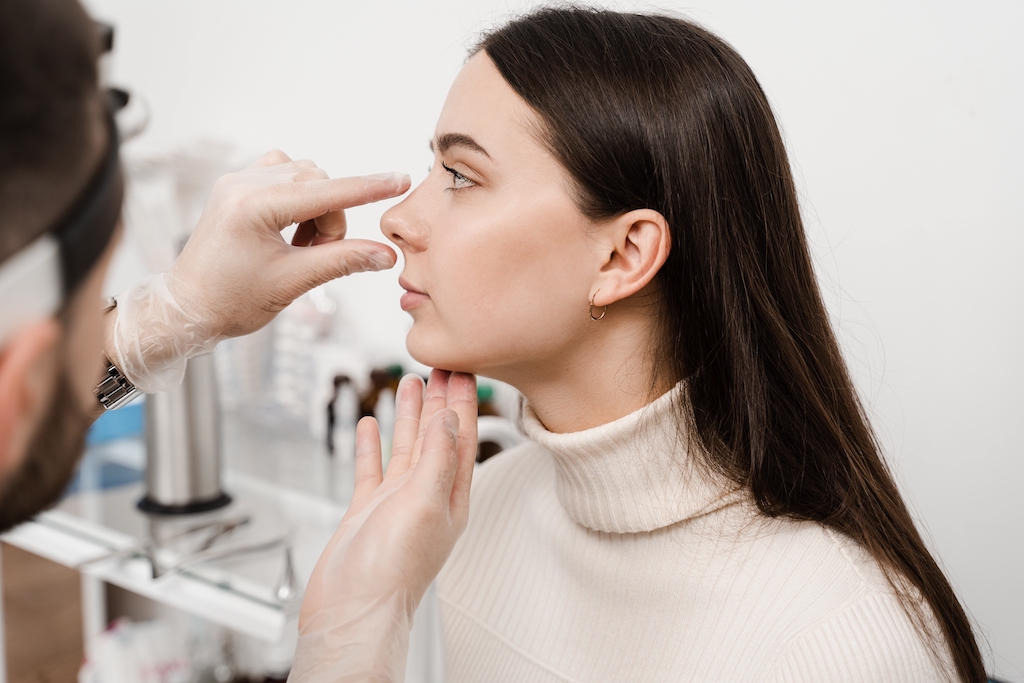 Photo Credit: Courtesy of Rabizo Anatolii/ShutterstockRhinoplasty may be the number one cosmetic procedure performed on adolescents, but that doesn't mean it's a carefree decision. It can provide a boost of self-confidence during an especially vulnerable time in a teen's life and can help with breathing, sleep, and quality of life. To ensure families broach the subject as thoughtfully as possible, we tapped Dr. Sam Rizk, an NYC-based double board-certified facial plastic surgeon, and rhinoplasty expert who is globally sought for his consistent outcomes and compassionate bedside manner.
Photo Credit: Courtesy of Rabizo Anatolii/ShutterstockRhinoplasty may be the number one cosmetic procedure performed on adolescents, but that doesn't mean it's a carefree decision. It can provide a boost of self-confidence during an especially vulnerable time in a teen's life and can help with breathing, sleep, and quality of life. To ensure families broach the subject as thoughtfully as possible, we tapped Dr. Sam Rizk, an NYC-based double board-certified facial plastic surgeon, and rhinoplasty expert who is globally sought for his consistent outcomes and compassionate bedside manner.
Haute Beauty: You've had many adolescent patients. Any advice for parents who are having a hard time wrapping their heads around their child's desire for surgery?
Dr. Sam Rizk: Parents are always concerned about their child’s quality of life, happiness, and self-worth. It's crucial to seek out an experienced facial plastic surgeon, who takes time to connect not only with the family but with the patient. The surgeon is best when s/he understands the issues and can support the desired outcome. Equally important is finding a surgeon who does a high volume of cases, has the experience, and is known for a natural, refined approach—one who embraces ethnic nuances and celebrates what makes us unique.
HB: Is the one-size-fits-all nose job a thing of the past, then?
SR: Oh, definitely. The "ski slopes for all" trend disappeared with the 90s—though don't get me wrong, there are plenty of surgeons who still operate this way. Interestingly, most of my patients want to look like themselves, only better. For me, it's always a red flag when someone—especially a teen—comes in with the desire to look like a celebrity or a heavily filtered picture they found on Instagram.
View this post on Instagram
HB: Yes, social media must really complicate things! How do you handle patients with unrealistic expectations?
SR: With teens in particular, I spend a lot of time during the consult evaluating the patient’s physical and emotional maturity: Do they personally want the surgery, or are they being pressured by parents, peers, or social media? Do they understand the possibility of risks and complications before, during, and after surgery? Do they have realistic expectations for the final result? If I feel that an underlying mental health condition could be at play, I will not perform surgery; in some cases, I'll make a referral to a therapist. Age is very important, too—I won't operate on girls under 14 or boys under 15, though there are surgeons who will. It's very important for parents to understand that the nose isn't fully developed until these ages.
HB: What do you say to parents who are vehemently opposed to letting their teen go under the knife?
SR: In my experience, teen rhinoplasty patients who are serious about surgery have been subjected to a significant amount of psychological distress because of their noses. Parents may not be aware of the severity of the situation until their child grows up and the experience has already been tagged as a childhood trauma. For this reason, I think it's important to try and reserve judgment until you've had an open, honest, and completely judgment-free conversation with your child. Let them make their pitch, do some research together, and, once you're feeling a little more comfortable, consider visiting a plastic surgeon for a consultation.
HB: Great advice. Anything else parents should know?
SR: I've had some parents express concern that rhinoplasty will be like a gateway drug to other surgeries. And while this can certainly be true for patients who want to look like a celebrity or have very unrealistic expectations, it's simply not the case for kids who desire it for the right reasons. I can't tell you how many teen patients I've had whose confidence has skyrocketed as the result of a very, very subtle rhinoplasty. In these cases, the psychosocial benefits—improved mood, self-esteem, self-determination, academic focus, and motivation—far outweigh any minor physical changes. Parents often ask what I would do if I were in their shoes, and my answer is always the same: "I would make the decision that prioritizes the physical and emotional well-being of my child." At the end of the day, it really is that simple.







